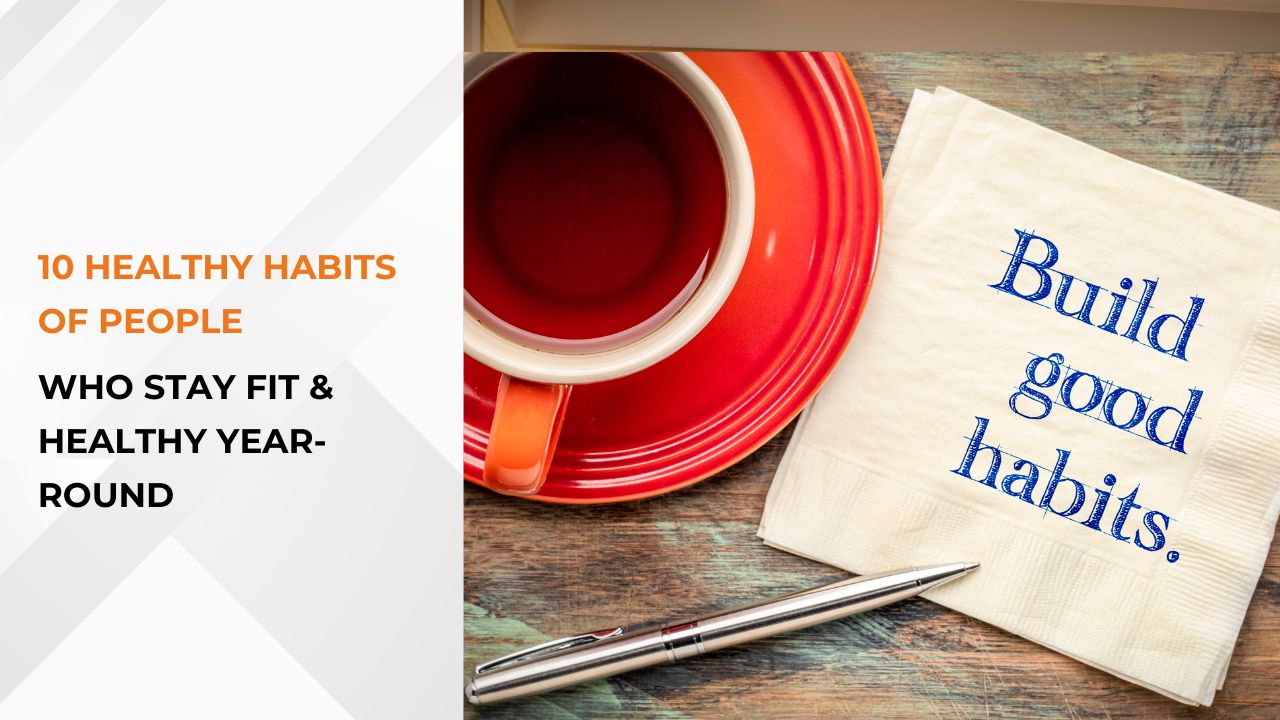9 Common Nutritional Deficiencies & Foods to Fight Them

For fitness enthusiasts, understanding and managing nutritional deficiencies is crucial for maximizing performance and achieving optimal health. Athletes and those who engage in intense physical activity have heightened nutritional demands. Certain deficiencies can impact energy levels, muscle recovery, and immune function, potentially derailing fitness goals. This article will cover the most common nutritional deficiencies seen in active individuals, symptoms to watch for, and tips for incorporating these nutrients effectively.
1. Iron Deficiency
Firstly, iron is essential for transporting oxygen to muscles and tissues, supporting energy production. Fitness enthusiasts, particularly endurance athletes, often experience iron deficiency due to factors such as intense training, which increases red blood cell turnover, and dietary restrictions. Symptoms of iron deficiency include fatigue, decreased endurance, muscle weakness, and frequent colds.
Prevention Tips: To combat iron deficiency, consume iron-rich foods like lean meats, beans, spinach, and fortified cereals. Pair iron sources with vitamin C-rich foods (like citrus fruits) to boost absorption. It’s also advisable to avoid consuming iron-rich meals alongside calcium supplements or dairy products, which can hinder absorption.
2. Vitamin D Deficiency
Secondly, vitamin D is crucial for bone health, muscle function, and immunity. Deficiency in vitamin D is widespread among fitness enthusiasts, as it primarily relies on sun exposure, which many people lack, especially in colder seasons or for indoor athletes. Insufficient vitamin D can lead to muscle weakness, increased injury risk, and prolonged recovery times.
Prevention Tips: If you spend most of your time indoors, incorporate vitamin D-rich foods, like fatty fish (salmon, mackerel), egg yolks, and fortified dairy products. Vitamin D supplements are often recommended, especially in winter, to reach optimal levels.
3. Calcium Deficiency
Third, calcium plays a key role in muscle contraction, bone strength, and nerve function. Fitness enthusiasts, especially women and those following vegan or dairy-free diets, may experience calcium deficiency. Insufficient calcium levels can increase the risk of fractures and osteoporosis and lead to muscle cramps.
Prevention Tips: Include calcium-rich foods like dairy products, fortified plant-based milk, leafy greens, and almonds in your diet. For those avoiding dairy, consider fortified foods or supplements but be mindful of balanced magnesium intake, which aids calcium absorption.
4. Magnesium Deficiency
Magnesium is essential for muscle function, energy production, and recovery. This mineral is easily depleted through sweating, making it a common deficiency for those who engage in high-intensity exercise. Symptoms include muscle cramps, fatigue, and poor sleep quality.
Prevention Tips: Add magnesium-rich foods like nuts (almonds, cashews), seeds, leafy greens, and whole grains to your diet. Magnesium supplements, especially in forms like magnesium glycinate, can help with muscle relaxation and aid sleep if taken before bedtime.
5. B-Vitamin Deficiencies
B vitamins, particularly B6, B12, and folate, are critical for energy production, red blood cell formation, and muscle repair. Deficiencies in these vitamins can lead to anemia, low energy levels, and impaired recovery, particularly in individuals with restricted diets, such as vegetarians or vegans.
Prevention Tips: Incorporate whole grains, eggs, meat, leafy greens, and legumes, all rich in B vitamins. Since B12 is primarily found in animal products, vegetarians and vegans might consider a B12 supplement.
6. Omega-3 Fatty Acid Deficiency
Omega-3s play a major role in reducing inflammation, supporting joint health, and enhancing recovery. Deficiency in these essential fats can result in joint pain, inflammation, and poor cardiovascular health. This is particularly important for those who engage in intense exercise, as inflammation levels can increase post-workout.
Prevention Tips: Consume omega-3-rich foods like fatty fish, chia seeds, flaxseeds, and walnuts. Alternatively, fish oil or algae-based supplements can help boost omega-3 levels.
7. Zinc Deficiency
Zinc supports immune health, protein synthesis, and recovery from exercise-induced stress. Intense training can deplete zinc, increasing susceptibility to colds and delaying muscle recovery. Zinc deficiency can lead to a weakened immune system and slower wound healing.
Prevention Tips: Include zinc-rich foods like meat, shellfish, seeds (pumpkin and sesame), and legumes. Since high levels of exercise can interfere with zinc status, maintaining adequate intake through diet or supplements is important.
8. Potassium Deficiency
Potassium is crucial for fluid balance, muscle contractions, and preventing cramping. Since potassium is lost through sweat, athletes, particularly those in high-intensity workouts, may experience deficiency. Low potassium levels may lead to muscle cramps, weakness, and irregular heart rhythms.
Prevention Tips: Increase your intake of potassium-rich foods such as bananas, oranges, potatoes, spinach, and avocados. Staying well-hydrated during workouts can also help maintain potassium balance.
9. Protein Deficiency
Finally, protein is foundational for muscle repair, growth, and recovery. However, while less common among fitness enthusiasts, can occur in individuals who don’t consume enough post-exercise or follow restrictive diets. Symptoms include slow muscle recovery, muscle loss, and fatigue.
Prevention Tips: Ensure that each meal includes a quality protein source like lean meats, eggs, dairy, or plant-based options like tofu, beans, or quinoa. Many athletes benefit from a post-workout protein shake to meet daily protein needs efficiently.
Furthermore, having discovered the nutrients you should not be missing out on, here are workouts with no equipment fitness equipment that can supplement your comprehensive diet.
Conclusion: Preventing and Managing Deficiencies
For fitness enthusiasts, achieving a balanced intake of vitamins and minerals is essential for performance, recovery, and overall health. Moreover, pay attention to diet quality, including a variety of whole foods, and consider supplements as needed. Further, consulting with a healthcare provider or nutritionist can provide personalized guidance and help you meet specific nutritional needs for optimal fitness results.
Lastly, regular blood work can also aid in the early detection and management of deficiencies, allowing athletes to maintain a high-performance lifestyle without compromising health.

